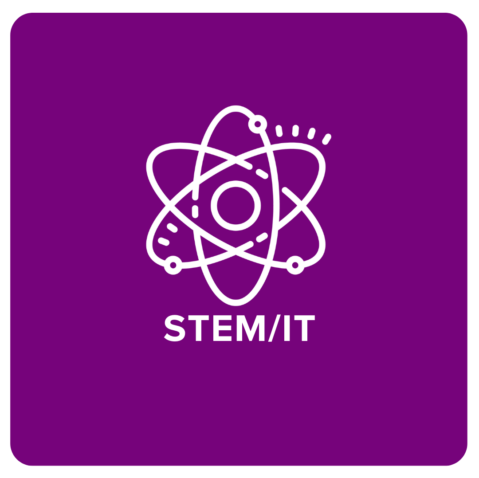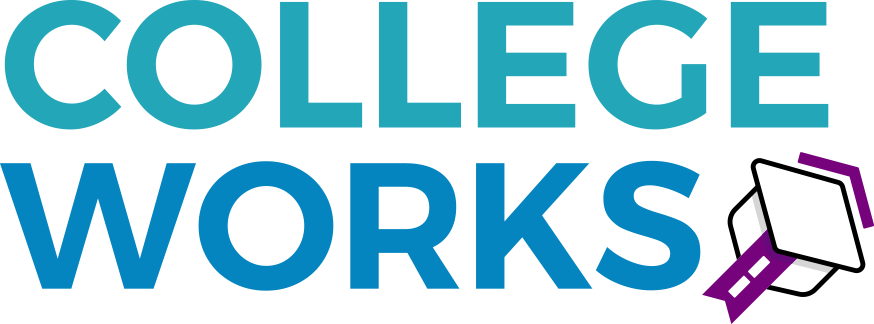
Computer User Support Specialist
Computer user support specialists, also known as technical support specialists and help-desk technicians, usually provide technical help to non-IT computer users.
They respond to phone and email requests for help. They can usually help users remotely, but they also may make site visits to solve a problem in person.
They may run diagnostic programs to determine the causes of and help resolve problems. Additional job duties may include writing training manuals, training users and overseeing computer information systems. Resolving issues with Local Area Networks (LAN), Wide Area Networks (WAN) and other systems is a frequent activity of technical support specialists.
Help desk technicians respond to inquiries by telephone, email, live chat or other means. Typically, they are required to listen to the customer’s problem, diagnose the nature of the issue and walk the caller through the steps required to solve it. They may assist with installing software, maintaining computer systems and repairing computer hardware.
While flexible schedules are typical for computer user support specialists, most put in 40 hours per week. They may work at a customer’s location, so that travel may be required, including weekend and evening hours. Some computer user support specialists work from home.
Many computer support specialists have an associate degree, but there are non-degree programs that may help you get a start in this career.
$34,274
entry level salary estimate
$61,662
experienced level salary estimate
5,757
projected annual job openings

Programs for Computer User Support Specialists
Discover your future in STEM/IT.
Fascinated by science and technology? If you want to be at the forefront of using cutting-edge technologies or making scientific discoveries, you can pursue your passion with a career in STEM/IT. Many opportunities exist in this fast-growing area, from scientists and engineers to software and web developers – and in many different industries, from telecommunications and healthcare to construction and manufacturing. For most STEM/IT careers, you’ll need an associate or bachelor’s degree.

Additional In Demand Careers in STEM/IT
Architectural and Civil Drafter
Calibration Technologist or Technician
Computer Systems Analyst
Electrical and Electronic Engineering Technologist or Technician
Electrical Engineer
Industrial Engineering Technologist or Technician
Mechanical Engineer
Network and Computer Systems Administrator
Software Developer
Software Quality Assurance Analyst or Tester
Web Developer/Video Game Designer
Sources:
Texas Labor Market Information, Texas Workforce Commission. Statewide wages by occupation, 2021. Statewide projections by occupation, 2020-2030.
Get in touch
Stay connected
Interested in learning more about the college and career options that might be right for you? Whether you are a student, a parent, or counselor, sign up to our email list and we’ll keep you updated as our site grows to include even more programs and areas of interest.
